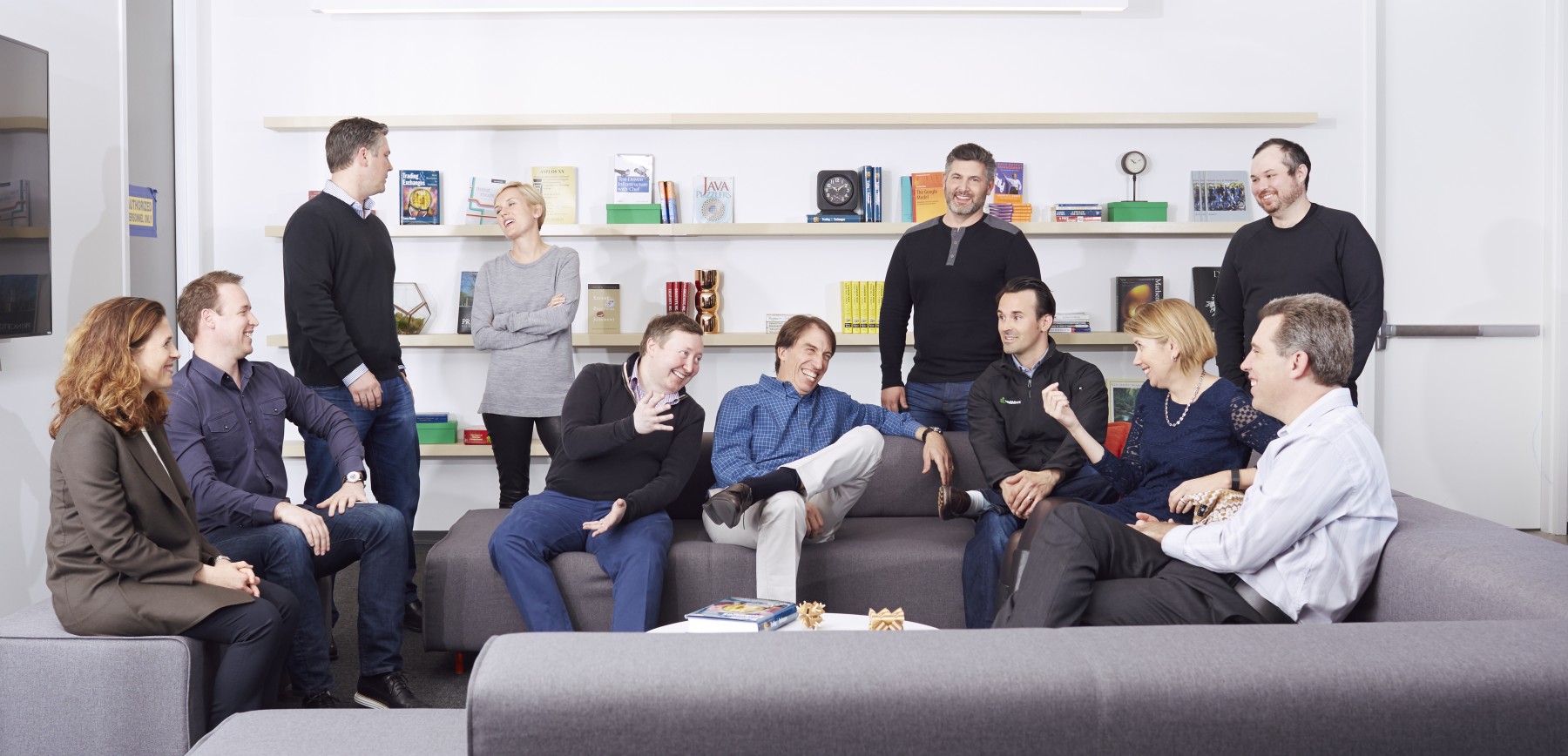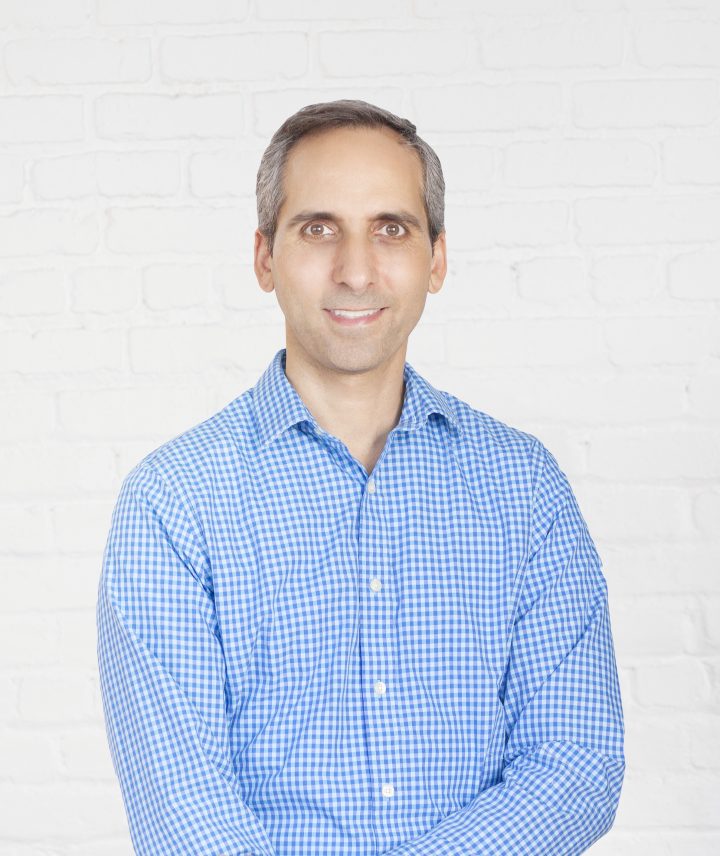IF 1999 WAS THE YEAR of the unicorn on Wall Street, 2016 was the year of the cockroach. People hate financial institutions more than ever, with an increasing number of Americans questioning motives. Case and point: the financial advisor.
“One of the great misconceptions is that financial advisors have your best interests at heart,” explains Adam Nash, CEO of automated investing service Wealthfront. “But they’re paid in fees, commissions and kickbacks… It’s impossible to stay neutral.”
John Oliver nailed it when he explained the innate douchiness (er, bias) of advisors on Last Week Tonight. They aren’t accredited; they have no legal requirement to work in your favor. But Disruption likes to focus on potential solutions, not problems, and in this case that means automated investing—computer programs that invest on your behalf.
The question is this: Can a computer, less prone to mathematical error, comprehend subjective risk? Is it more vulnerable to cybercrime? And would you trust one with your savings? In this article, we explore whether there’s still a need for humans on Wall Street.



